There was a seeker once; he lived in a monastery and had a wealth of bookish knowledge. No one ever won against him in a colloquy, in any debate on scriptural and religious matters. He was obsessed with God, with self realization, he spent his entire time studying various religious texts. He lived with a sense of indifference and superiority.
For him, it was all about God, meditation, and self realization. He would carry out the rituals flawlessly. Whether someone was dying of hunger or needed help with a simple chore, he was not the one to offer it. He could not be bothered; his priority was the attainment of his own salvation, he felt. Although he was well-read, he would flare up at the smallest friction, get irritated, and he would feel hurt at the tiniest of insults.
His realized master, while appreciative of his focus, clearly saw that his disciple would not reach a state of emancipation, or achieve self realization with his present mindset. Many a time, he tried to teach him the importance of compassion, humility, and more, but he could not pierce through his veil of clever arguments of self-proclaimed superiority.
The master decided to leave for the Himalayas for a meditation spell of three months; he took along this monk in his service.
Abound by snowy mountains, among the waterfalls, surrounded by a dense forest of tall trees, amidst the wild fauna; they found a suitable place, a gaping hole in a mountain, it could house both of them, and a river flowed nearby. They stocked their cave with basic provisions and firewood. A few days went by, and it began snowing real heavy as the temperature dropped to sub-zero.
One day, the disciple had to step out to fetch water from the river. Walking down the mountain, he slipped, grappled for a foothold, tried to balance, but still fell down. The bucket rolled down to the river, and unfortunately, his right hand landed on a sharp stone that was hiding in the snow. His hands were already numb from the cold, and further injury magnified the agony a millionfold.
He cried out loud in excruciating pain, got up, and walked back to the cave. He was mad at the harsh weather conditions; he was worried about losing the bucket even though they had a spare one, he lost his calmness in the scathing pain. Once in the cave, he narrated the saga to his guru.
The master examined his hand which was blue with throbbing pain and said, “This looks terrible. Let me pour some warm water on it.”
While the water was warming up, he said, “It hurts more when it’s cold, doesn’t it?”
“Yes, master.”
He poured warm water on his hand to ease the blood flow and pain. “This feels nice. It’s healing and comforting,” the monk said.
“Warmth always is, son.”
After the disciple had gathered himself, his master fetched the bucket lying near the river, came back to the cave and continued:
“Religion and rituals are like this dead bucket. On any given day, it can’t be more important than a living being. The bucket is supposed to solve a purpose, it is not the goal in its own right. Do you know why you get irritated by others? That’s because there’s a certain coldness in you.
It hurts more when it’s cold.
Look at all the snow around, when cold winds continue to blow, it turns into ice, harder, more brittle. When you harbor coldness in your heart, it becomes hard. One blow and you break! Preaching is like ice sometimes, compassion is always like warm water.
“This cold world could do with some warm people, some more compassionate ones. What good is the endless studying of holy texts, how does working only on your own nirvana help the world? And what’s more urgent, to deal with the pain of the living or worry about lifeless possessions? No doubt, meditation and self-study are paramount, but they are a means to an end, they are designed to lead you towards a calm and even state, they are supposed to give you quietude, and lead you to self realization.
Such quiescence does not mean you become cold and indifferent; in fact, it means you become eternally compassionate, unconditionally warm. It means you gain an awareness of others’ pain, their sorrows, and feel impelled to help them in whatever way you can; this is self realization.”
The disciple realized why his master was a master, after all. He understood that the personal attributes of warmth and compassion are definitive signs of how evolved an individual is, they are infinitely more important than any erudition. The mere intellectual grasp of holy texts is no indicator of one’s liberation.
Make a list of painful events, people, circumstances in your life, and let go, burn the list or discard it. Keeping them inside can make you cold; consequently others, including yourself, may not feel your warmth any longer. Remember, warmth is comforting, and it hurts more when it is cold.
Stay warm, not hot; be cool, not cold!
Peace.
Swami
A GOOD STORY
There were four members in a household. Everybody, Somebody, Anybody and Nobody. A bill was overdue. Everybody thought Somebody would do it. Anybody could have done it but Nobody did it.
Don't leave empty-handed, consider contributing.It's a good thing to do today.

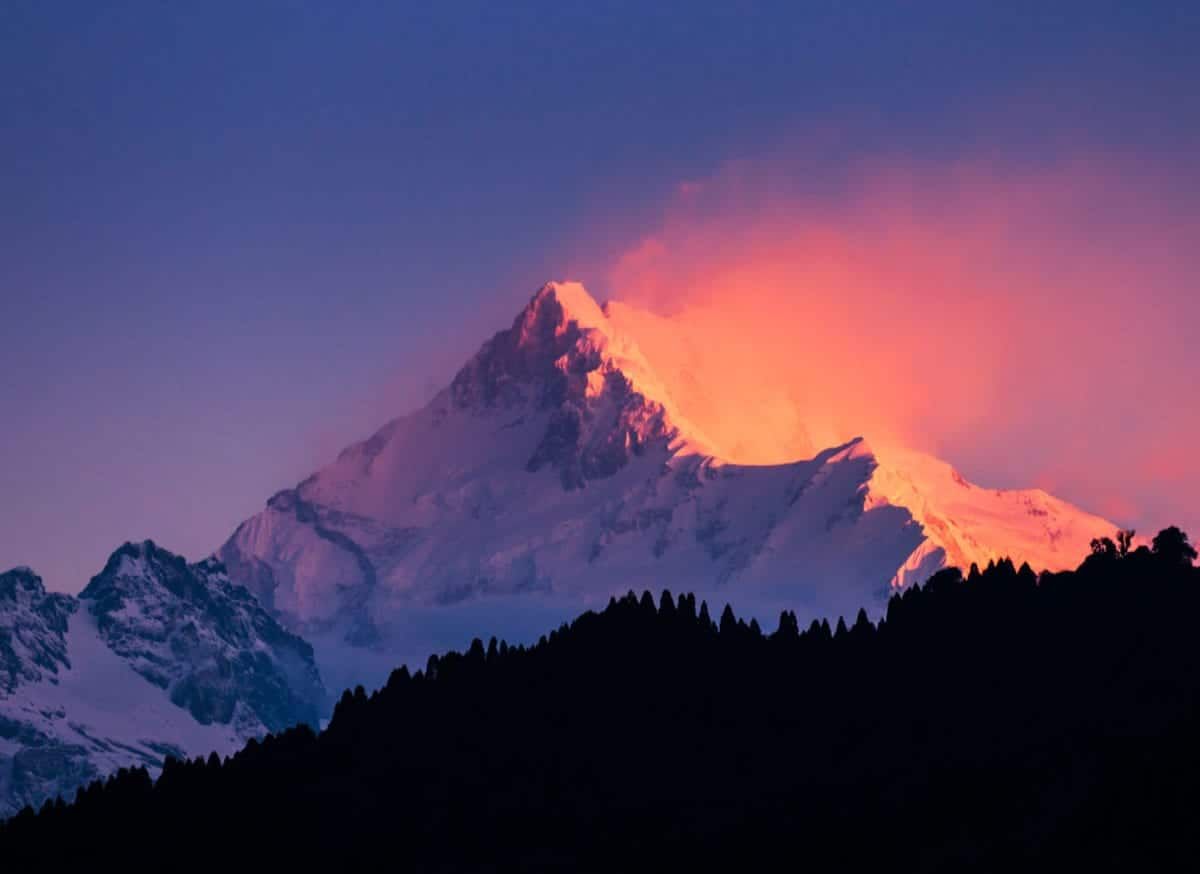
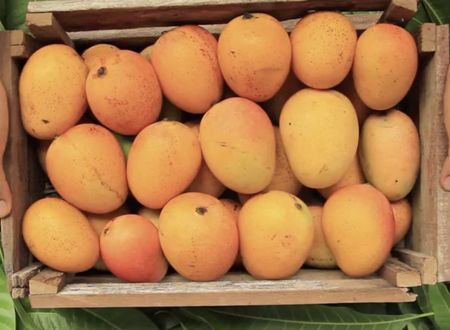
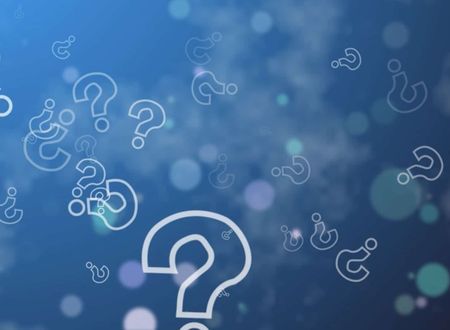

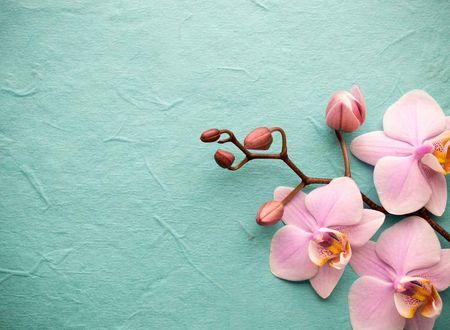
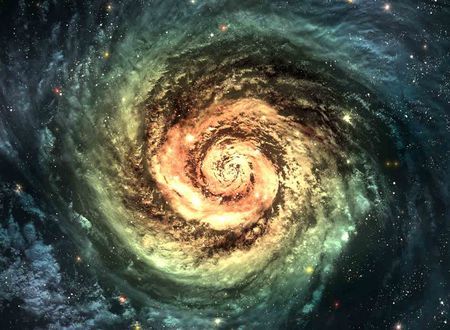


Comments & Discussion
12 COMMENTS
Please login to read members' comments and participate in the discussion.